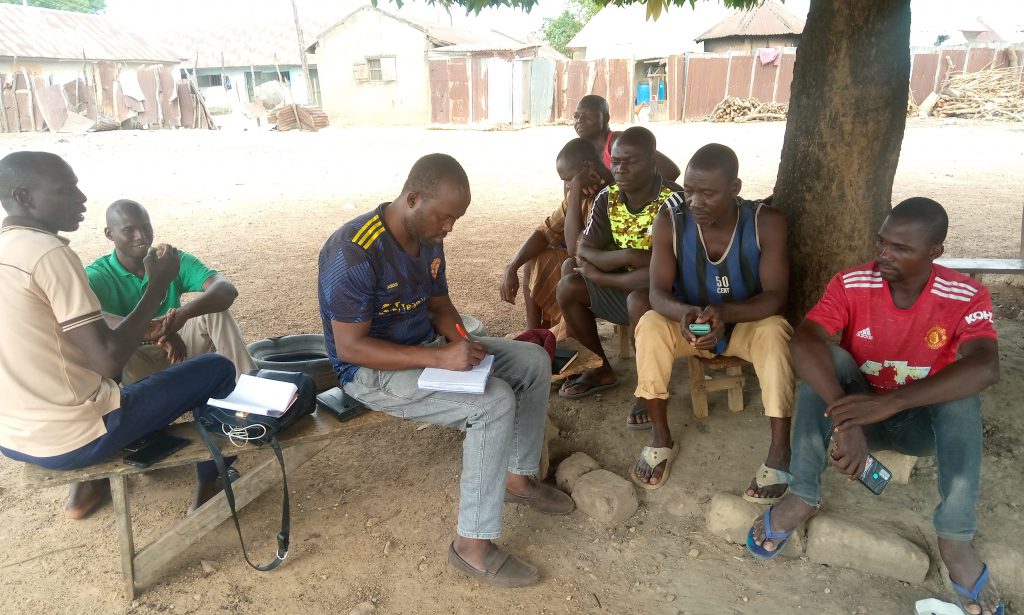Approaches to addressing climate justice, often neglect community voices while outsourcing issues of advocacies, mitigation, and adaptation to experts who do not have an understanding of how the communities are impacted by climate change.
Community voice must be at the center of CLIMATE JUSTICE since over one billion people globally live in informal settlements. Many of them struggle to access basic amenities such as water, sanitation, and housing. They are the people who are extremely impacted by climate change with overheating, waterlogging, and flooding being the common phenomena they face.
In designing and implementing Climate Justice advocacies, development partners, donor agencies, civil society, governments at all levels and the private sector must put in place innovative approaches that will ensure community voice at the centre of all stages of the programs.
This is most fundamental because, we have observed that efforts targeted at achieving climate-resilient futures, funding support flows from donor agencies, and government-private sectors, while decision-making flows from a top-down approach with community voice completely missing.
It troubles the mind to think that climate justice funds are targeted at communities affected by climate change. Yet, less than 10% of the fund is channeled to local action, and less than 5% of the monies for environmental protection go to indigenous peoples and local community representatives.
Our experience in Nigeria has shown that funds targeted at climate change justice that do reach communities are often tied to narrow activities for implementing organizations to tick output activities as success stories in their report.
Often, the funds that reach communities for climate justice, do not fund comprehensive and long-term projects that allow for local capacity and local institutions that will guarantee and achieve climate-resilient futures for marginalized groups.
This practice is a fundamental reason we have climate projects that are not able to achieve their goals of climate resilience and adaptation for the most at-risk communities in Nigeria and other affected cities in Africa and beyond.
To achieve climate justice, it is fundamental to ensure that community voice (the marginalized) groups are represented in all stages of decision-making. Also, climate justice projects targeted at communities are properly funded with immediate and long-term goals serving as cardinal principles.

